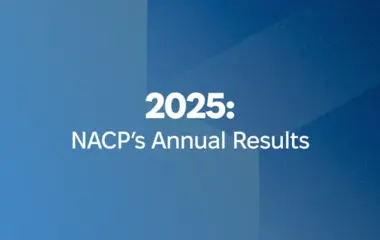In today's world, transparency and integrity are integral components of good governance in both the public and private sectors. One of the key challenges to ensuring these principles is the management of conflicts of interest (COI), a situation where a person's private interests may influence the performance of his or her official duties.
Conflict of interest is a common phenomenon in the work of public officials. Understanding the essence of a conflict of interest and its components is a step towards preventing corruption and avoiding abuse.
According to the Law of Ukraine “On Prevention of Corruption, ” there are two types of conflicts of interest:
- Potential - a person has a private interest in the area in which he or she exercises his or her official or representative powers, which may affect the objectivity or impartiality of his or her decision-making, or the performance or non-performance of actions in the exercise of these powers
- Real - a conflict between a person's private interest and his/her official or representative powers, which affects the objectivity or impartiality of decision-making, or the performance or omission of actions in the exercise of these powers.
Components of a conflict of interest
How do you know if a public official has a conflict of interest?
First of all, we advise you to clearly define the list of circumstances that may lead to the existence of a private interest.
According to the definition, it may be caused by personal, family, friendship or other off-duty relationships. For more details on the list and content of the circumstances that give rise to private interest, see clause 2.2. Explanation.
The next step is to analyze the scope of the official's official/representative powers and the procedure for their implementation in order to identify the PI. A conflict of interest exists if a private interest (care for close relatives, improvement of one's property status, preservation or improvement of existing friendly or other off-duty relations, gratitude for a gift or service, avoidance of responsibility, revenge, etc.) is in the scope of the official's official powers and can be satisfied by his/her decisions, actions or inaction.
If it is established that the private interest and official powers of the official overlap, it is necessary to find out whether the powers that can satisfy the private interest are discretionary.
Discretionary powers are those whose exercise allows the official to choose from several options.
To help determine the presence or absence of IP, the NACP experts have developed detailed explanations that include
- step-by-step instructions that will allow you to independently and quickly determine whether a conflict of interest exists in a particular situation
- rules and recommendations for applying to the NACP for advice on CI.
If you do not have the time or desire to study detailed and voluminous explanations, we suggest taking a test developed by the Agency's CI specialists. By answering the questions, you will be able to quickly and easily determine whether CI is present in your activities.









